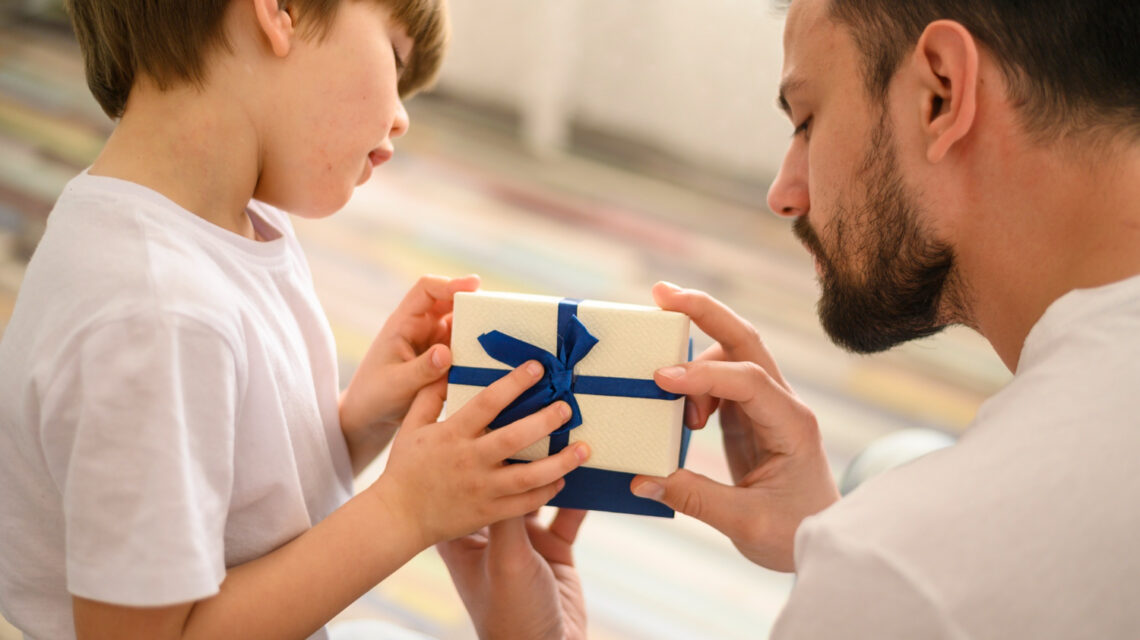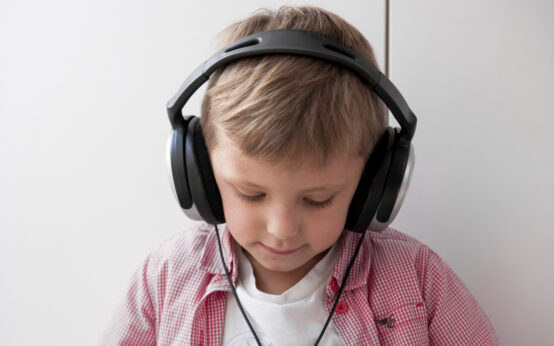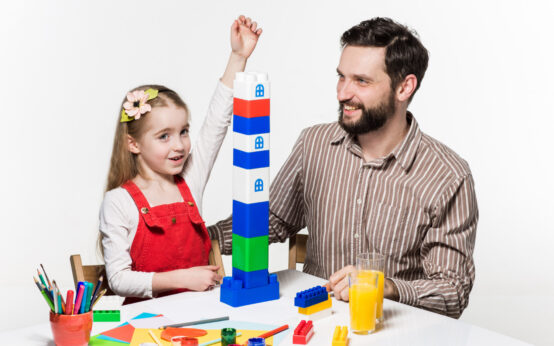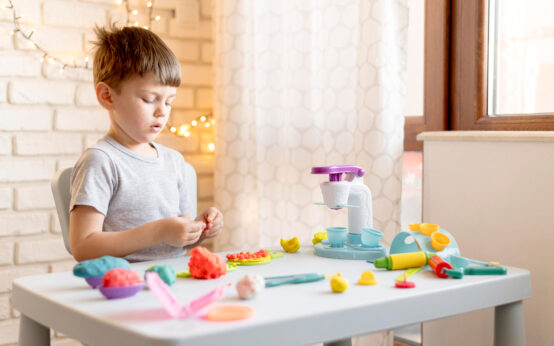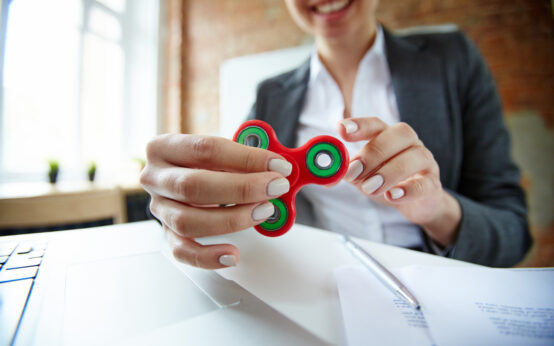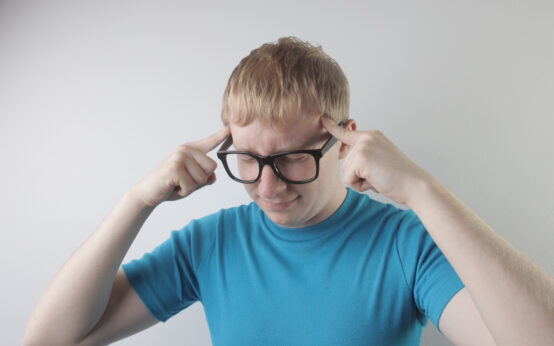Introduction
Selecting the perfect gift for a child can be a daunting task, and this challenge becomes even more significant when the child has autism. Due to their distinct interests and sensitivities, it’s essential to choose gifts that cater to their specific needs and preferences. This guide provides assistance in selecting the ideal gifts for children with autism, organized by age group.
Considerations When Choosing Gifts for Children With Autism
When selecting gifts for children with autism, it’s crucial to take into account their unique sensory needs and preferences. Many of these children appreciate toys that offer tactile or visual stimulation, such as fidget toys, liquid motion bubblers, or sensory mats.
Another vital consideration is their developmental level rather than their chronological age. A toy that aligns with their developmental stage will be more engaging and beneficial.
Lastly, it’s important to consider the child’s specific interests. Many children with autism have particular areas of fascination, making gifts related to these interests especially meaningful.

Gifts For Children With Autism By Age
TODDLERS (1-3 YEARS)
For toddlers with autism, sensory toys prove to be excellent choices. These toys stimulate the senses and aid in developing motor skills.
- Textured Sensory Balls: Available in various shapes, sizes, and textures, these balls provide tactile stimulation.
- Musical Instruments: Simple instruments like drums or xylophones help improve fine motor skills and introduce different sounds for language development.
- Soft Dolls or Stuffed Animals: These offer comfort and aid in developing social and emotional skills.
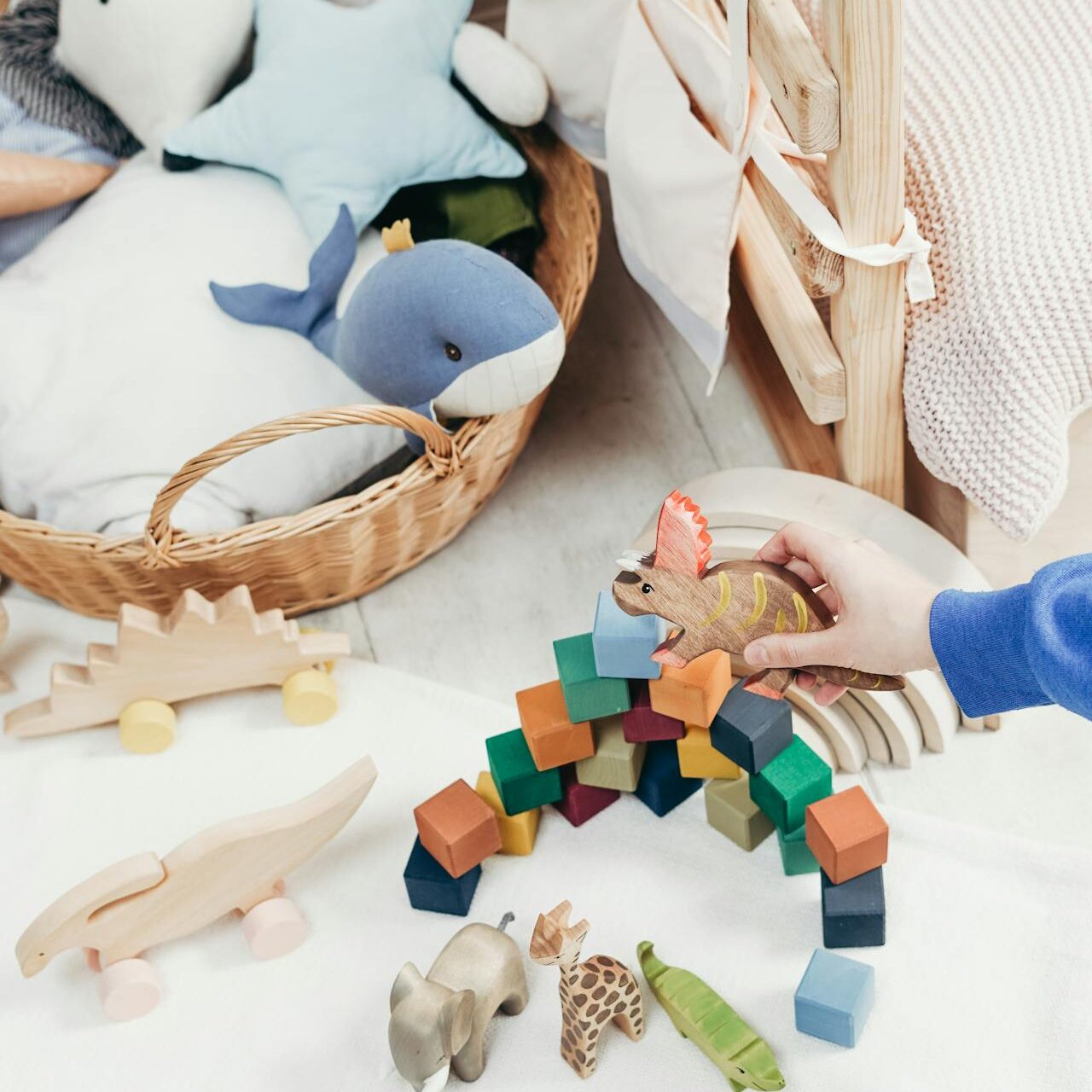
Pre-school (4-5 Years)
As younger kids actively explore their environment, toys that assist in learning and understanding surroundings become ideal.
- Puzzles: Simple puzzles enhance problem-solving skills and hand-eye coordination.
- Coloring Books: Improve focus and creativity while providing a calming activity.
- Building Blocks: Stimulate creativity and spatial awareness.
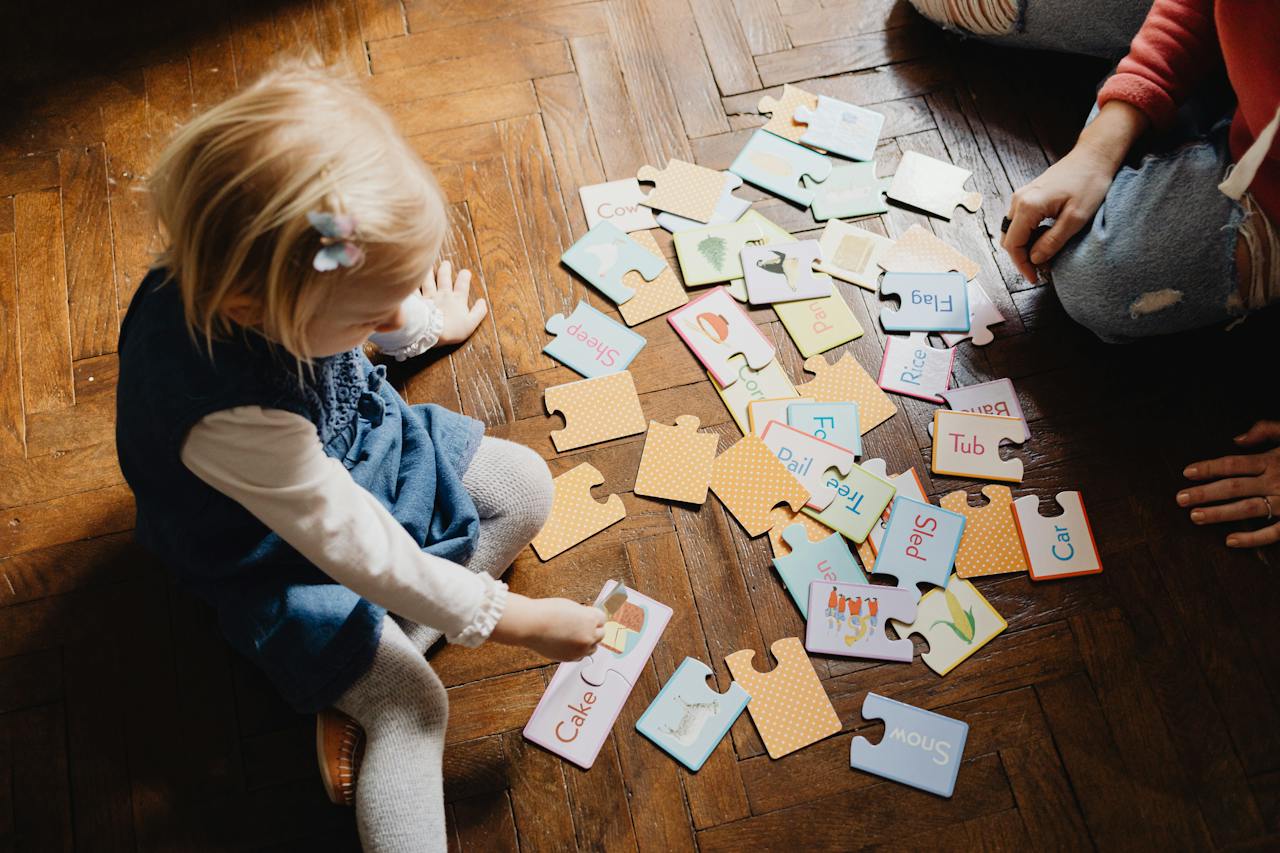
School-age (6-12 Years)
Children in this age group may benefit from toys that promote social interaction and cognitive development.
- Board Games: Improve social skills, turn-taking, and strategic thinking.
- Books: Picture books or those with simple stories enhance language and comprehension skills.
- Art Supplies: Crayons, watercolors, or clay encourage creativity and serve as a calming activity.
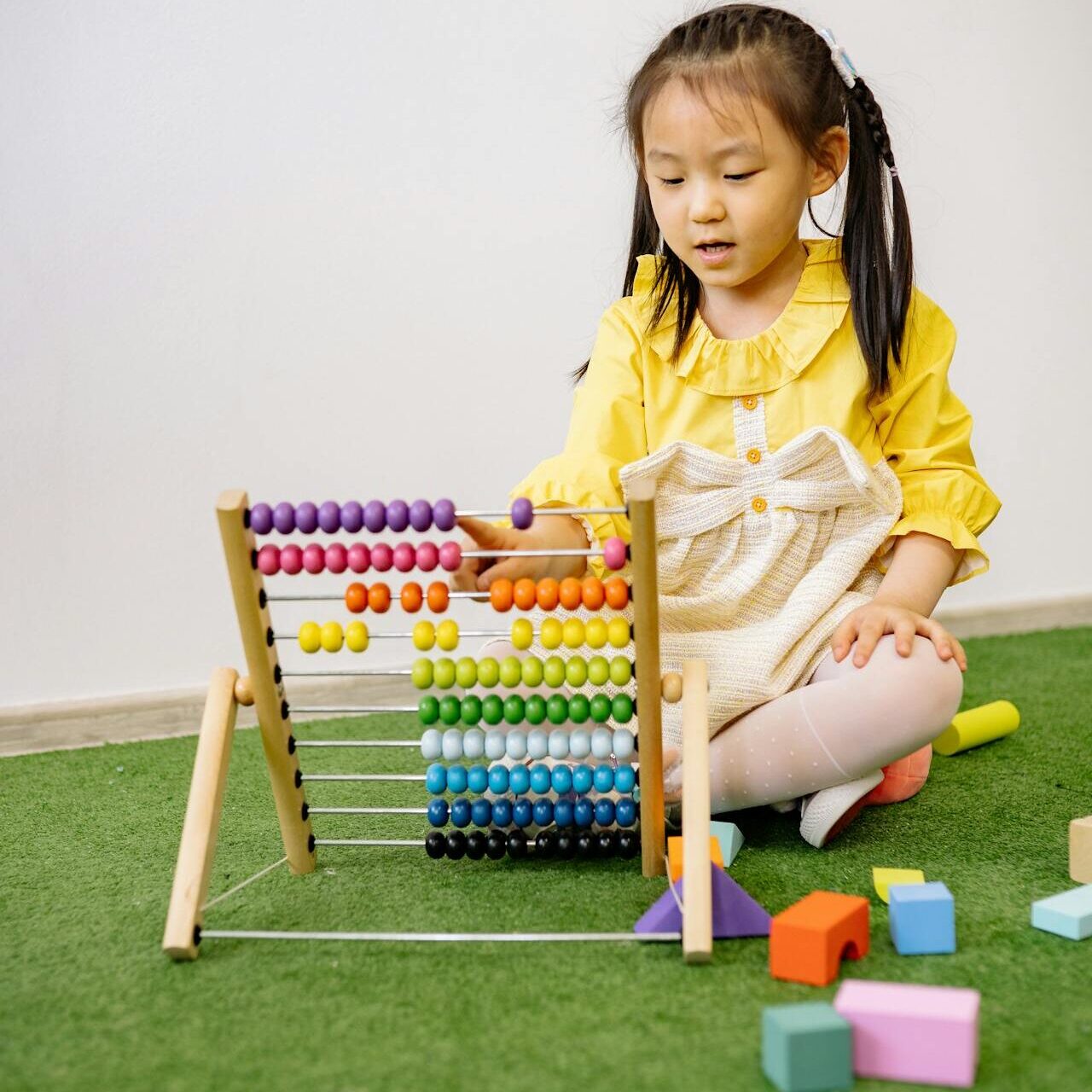
Teenagers (13-18 Years)
Teenagers with autism may appreciate gifts tailored to their specific interests or those that aid in developing life skills.
- Special Interest Books or DVDs: Ideal for those with particular interests or hobbies.
- Cooking Tools: Simple cooking tools or a cookbook with easy recipes foster independence and life skills.
- Journals or Diaries: Provide an outlet for thoughts and feelings, enhancing communication skills.
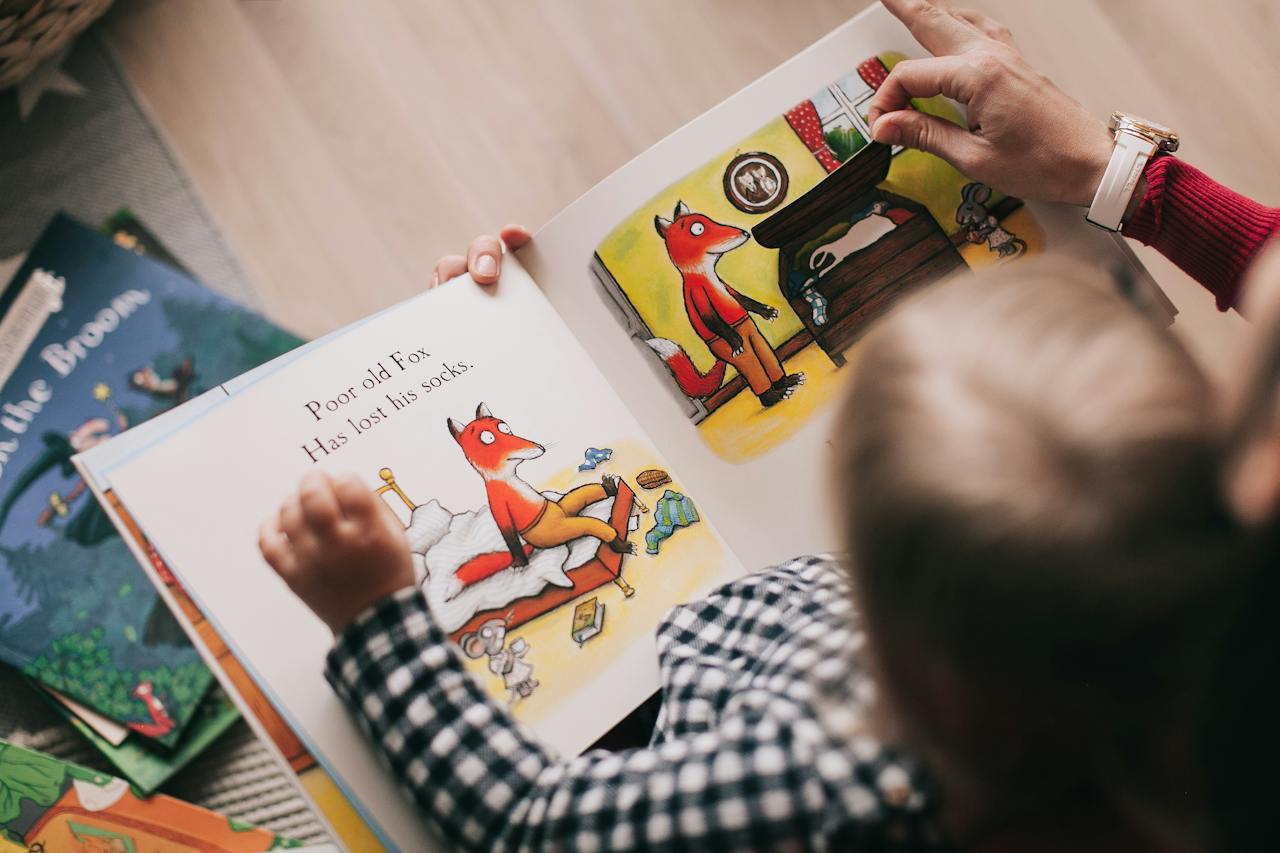
The Best Toys For A Child With Autism Spectrum Disorder
Consider these versatile gifts suitable for children with autism of any age:
- Weighted Stuffed Animals: Provide comfort and sensory input, calming a child with autism.
- Kinetic Sand: Encourage creative play, fine motor skill development, and tactile exploration.
- Fidget Toys: Include spinners, stress balls, or sensory rings, offering sensory stimulation and calming effects.
- Glowing Night Light: Create a comforting environment, especially for children with sensory sensitivities.
- Sensory Tents: Offer a safe retreat for relaxation and security.
- Balance Boards: Improve coordination and balance while providing a fun activity.
- Noise-Cancelling Headphones: Block out overwhelming noise for children with sensory processing difficulties.
- Visual Timers: Aid in understanding and managing the concept of time.
- Chewelry (Chewable Jewelry): Safe and stylish alternatives for children who chew for sensory relief.
- Marble Maze: A fabric-based maze for sensory play and motor skill development.
- Deep Pressure Tools: Include weighted blankets, lap pads, or compression vests for calming physical stimulation.
- Magnetic Building Sets: Enhance hand-eye coordination, creativity, and problem-solving skills.
- Textured Balls: Tactile toys providing sensory input in various shapes and sizes.
When choosing a toy, prioritize the child’s unique needs, interests, and developmental level. Ensure the selected toys prioritize safety, comfort, and contribute to the child’s growth and development.
Sensory Toys: A Closer Look
Many children with autism face sensory challenges, and sensory toys are specifically designed to engage their senses. These toys often feature bright colors, varying textures, and interesting sounds to stimulate one or more senses. This stimulation helps sensory seekers with autism improve focus, calm anxiety, and better understand their surroundings.
Sensory toys promote exploration and encourage children to use scientific processes during play, fostering fine motor skills, language skills, cognitive growth, social interaction, and cause-and-effect relationships.
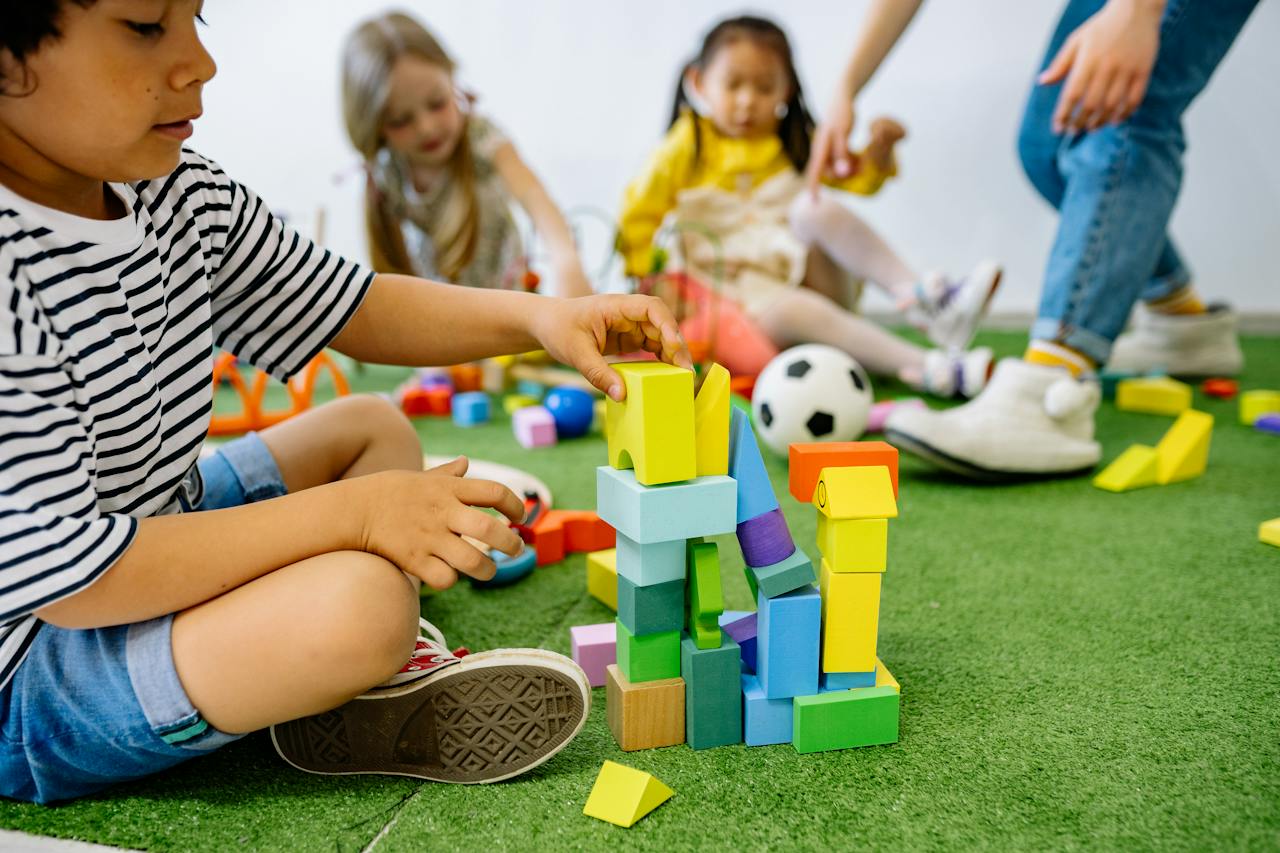
For children with autism, sensory toys are particularly beneficial as they offer much-needed sensory stimulation, helping them self-regulate and cope with sensory-related challenges. Examples range from textured balls and fidget spinners providing tactile stimulation to musical instruments offering auditory stimulation and puzzles enhancing visual spatial perception.
When selecting a sensory toy for a child with autism, it’s crucial to consider the individual child’s specific sensory preferences. What may be soothing for one child could be overwhelming for another, making the right sensory toys truly personalized gifts tailored to the child’s unique sensory profile.
Toys To Improve Motor Skills
Motor skills play a crucial role in a child’s development, and the right toys can help refine these abilities.
- Building Blocks: Timeless classics promoting gross and fine motor skills, hand-eye coordination, and finger dexterity.
- Scooters or Balance Bikes: Improve gross motor skills, body coordination, balance, and precision.
- Play-Doh Sets: Enhance fine motor skills and stimulate creativity through molding and creating shapes.
- Activity Cubes: Multifaceted toys offering activities like twisting, turning, and spinning, improving fine motor skills.
- Jigsaw Puzzles: Enhance hand-eye coordination and dexterity through picking up, placing, and manipulating puzzle pieces.
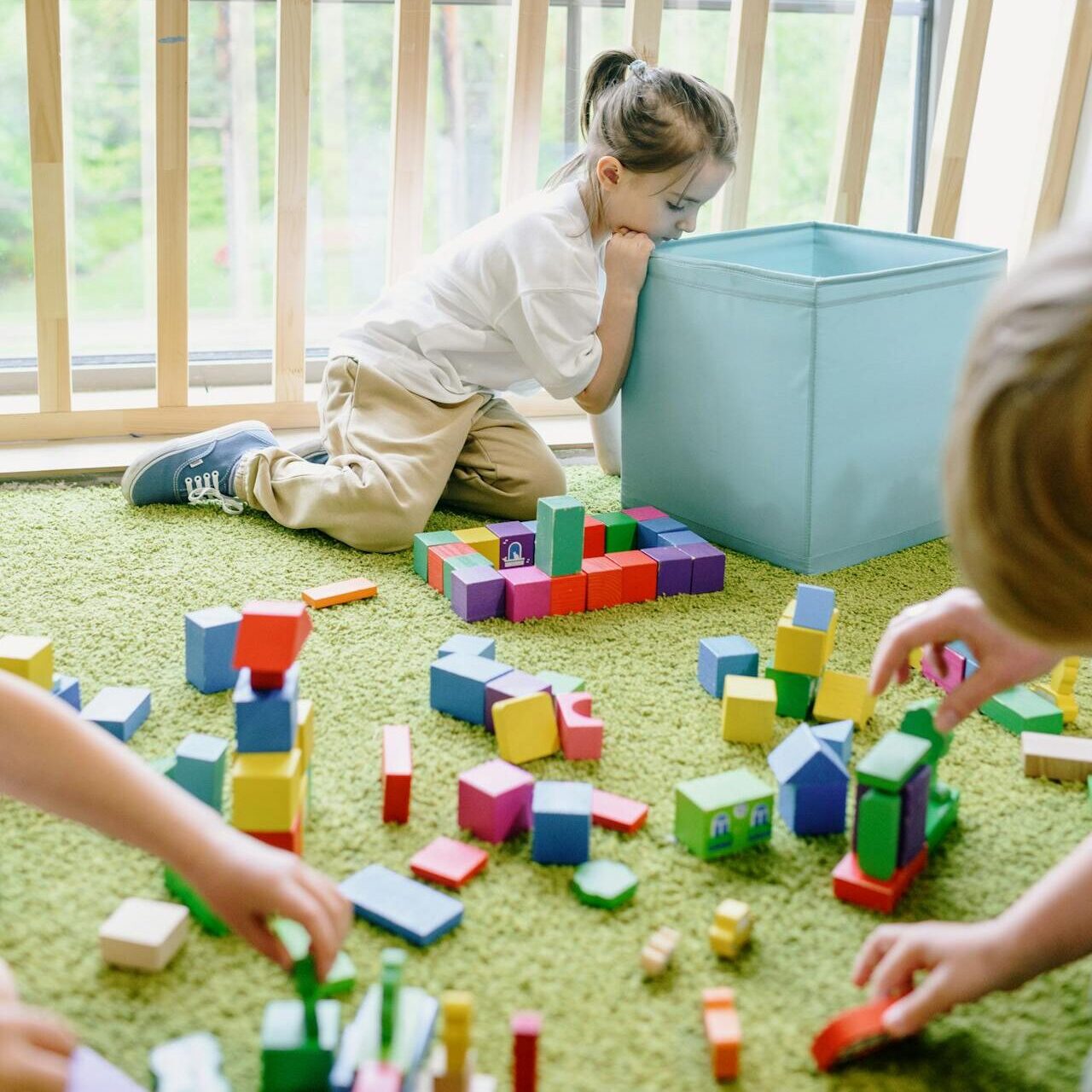
It’s crucial to consider a child’s age, abilities, and personal interests when choosing toys. Effective learning and progress hinge on encountering suitable challenges and maintaining engagement.
Conclusion
Every child with autism is unique, so what works for one may not work for another. Knowing the child’s individual needs, interests, and sensitivities is essential before choosing a gift. With the right gift, you can bring joy to their lives while also aiding in the development of essential skills.
Source
- Wright, B. (2018). Toys, Play, and Autism Spectrum Disorders. Springer International Publishing.
- Shih, W., Shire, S., & Chang, Y. (2017). Developmental Approaches to Understanding and Treating Autism Spectrum Disorder. Academic Press.
- American Academy of Pediatrics. (2013). “Autism Spectrum Disorder: What Every Parent Needs to Know.” American Academy of Pediatrics.
- Autism Speaks. (n.d.). “Toys and Products for Autism.” Autism Speaks.
- Johnson, R. (2019). “Sensory Toys for Autism: The Ultimate Guide.” Sensooli.
- National Autism Association. (2020). “Toy & Gift Ideas for Children with Autism or Asperger’s Syndrome.” National Autism Association.
- Powell, A., & Jordan, R. (2021). “The Importance of Sensory Toys in Supporting Children with Autism Spectrum Disorder.” International Journal of Environmental Research and Public Health, 18(6), 2913.
